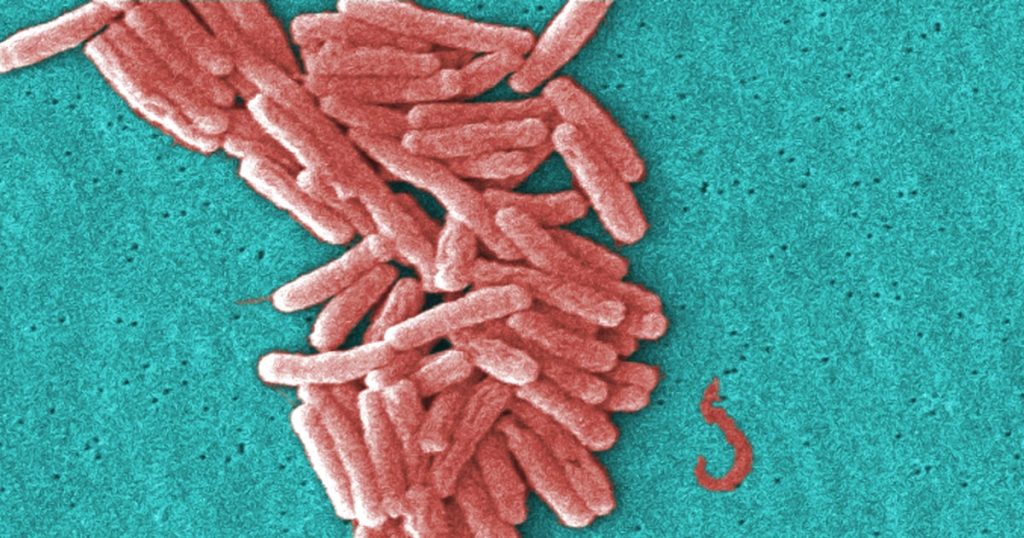Five people in Lincoln, New Hampshire recently developed Legionnaires’ disease, a severe form of pneumonia caused by Legionella bacteria. The individuals were exposed to contaminated water droplets from a cooling tower located behind the RiverWalk Resort in downtown Lincoln. Testing confirmed the presence of Legionella bacteria in the cooling tower. While the infected individuals did not specify the exact location of exposure, they had visited various areas in downtown Lincoln. Four out of the five diagnosed individuals were hospitalized initially but have since recovered.
The RiverWalk Resort is working with the New Hampshire Department of Health and Human Services (DHHS) to address the contamination issue. The cooling tower, which is still operating, poses a potential risk of exposure to the public, especially those within a half-mile radius of its location. Remediation work includes mechanical cleaning, disinfection of the cooling system, and long-term water management plans. The resort stated that remediation work at the cooling tower was completed after starting on a Friday morning. RiverWalk Resort is collaborating with DHHS and the state Department of Environmental Services to ensure the safety of guests and the community.
Legionella bacteria naturally exist in bodies of fresh water but can pose a threat to humans when it grows and spreads in building water systems like cooling towers. Most individuals contract Legionnaires’ disease by inhaling the bacteria in the form of small water droplets or mist. While the infection does not typically spread from person to person, those at higher risk of developing the disease include older adults, current or former smokers, individuals with weakened immune systems, and those with chronic lung disease or diabetes. Symptoms of Legionnaires’ disease, such as fever, cough, and shortness of breath, usually appear within two to 14 days after exposure.
The Centers for Disease Control and Prevention (CDC) highlight the importance of monitoring for symptoms for anyone who has visited the area near the contaminated cooling tower. The CDC states that Legionnaires’ disease can be fatal if left untreated, underscoring the need for early detection and medical intervention. While many exposed to the Legionella bacteria may only experience mild symptoms or none at all, some individuals may develop the severe pneumonia associated with Legionnaires’ disease. The DHHS and state health officials urge vigilance and prompt medical attention for anyone experiencing symptoms after potential exposure to the contaminated cooling tower.
The state epidemiologist, Dr. Benjamin Chan, emphasized the importance of monitoring for symptoms for those who visited the area near the contaminated cooling tower. Legionnaires’ disease can be serious, especially for individuals in high-risk groups. The NH DHHS and health officials stress the significance of early detection, monitoring, and treatment for anyone who may have been exposed to Legionella bacteria. The collaboration between RiverWalk Resort, DHHS, and the state Department of Environmental Services aims to mitigate the risk of exposure and ensure the safety of the public and guests in downtown Lincoln, New Hampshire.


